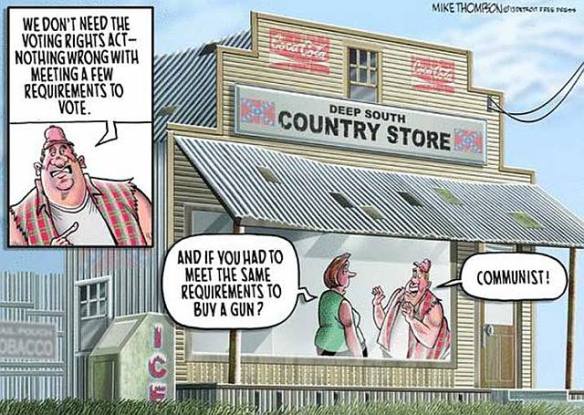
The right side of the portrait is my own creation while the left side is the reflection through a glass wall. Only 1 object is on both sides of the glass wall and not a reflection.
How often have you heard the inquiry “is the glass half full or half empty?” Whether direct question, expression, or rhetorical remark, it is a common method of creating an optimist or pessimist image regardless of situation.
Have you ever applied that process in this manner? Do you look for the differences or similarities first when presented with two options? What’s more important, the differences or the similarities?
During the past few months, I have engaged in several conversations about diverse topics where the half full or half empty progressions can be applied but often are not considered. One conversation took place with a man I consider a mentor in many ways. Our discussion focused on forgiveness in both a spiritual context and how in practice dissimilar standards upon which to bestow forgiveness are sometimes applied to different people even if the transgression, real or perceived, was the same.
Another conversation with peers involved Civil Rights and equality in treatment for different groups. Stereotyping and labeling were continual themes in this conversation.
Yet another conversation began over voting requirements and documentation.
- Image credit: Mike Thompson for the Detroit Free Press
With me personally, the formal education levels of people who have been trusted and valuable colleagues and reliable, respected, and loved friends range from graduates of institutions such as Johns Hopkins, Harvard, Berkeley, institutions like Knox and Grinnell Colleges, LSU, UT Austin, Mississippi State, Georgia Tech, Alabama, Auburn, Rice, Tulane, Southeastern Louisiana, other University of Louisiana system schools, Valdosta State, Georgia Southwestern, Texas A&M, USM, William and Mary, Southern, Howard, Georgetown, community colleges, votech schools, high schools, junior high schools, and a few who never moved beyond elementary school.
Some of the most influential and intelligent individuals in my upbringing, however, never received any formal schooling. My maternal Grandfather and many of his friends fall into that category. It was my time as a boy, sitting quietly in the strawberry packing shed, where I learned about education and intelligence. Professors from LSU were among my Grandfather’s friends as they worked together on projects developing hybrids and disease control which my Grandfather conducted in one of the hothouses. Elected officials from all levels sat in that shed to discuss legislation and policy because they valued his opinions. Bank presidents and business leaders from an array of industries were regular visitors to that shed as well to discuss all matters.
To many it is surprising, but as I grow older I find it less remarkable. With all my professors, mentors, colleagues, and friends, regardless of formal education level, my Grandfather without formal education, my Dad with his high school diploma and a votech certificate earned primarily because he was able to continue playing baseball for a year after high school, and many of my childhood friends and teachers K through 12 taught me the most important of lessons. Anything can be viewed from multiple perspectives, and your opinion is influenced by your angle. It is essential then to consider the views from additional vantage points to reach an informed estimation of the situation.
How would you feel if the requirements you deem appropriate for another were the same for you? We often speak of things being the same for all, but in reality how often are we willing to at least try and walk in another’s shoes before reaching a conclusion?
Is it only me, but does it seem that we are moving more toward this idea of being able to select what requirements we want to apply to ourselves and what we want to apply to others? Are we also more selective on choosing which regulations matter and which should be disregarded?
Is that because we choose to only recognize the differences? If the angles and perspectives were reversed, would we still focus only on the differences or would we seek out the similarities?
Is the cup half full or half empty? Are differences more important than similarities? Both questions are simple, and the answers are simple. If you think about it, however, the process to derive that simple answer matters more than the answer. Time, place, and an infinite amount of variables, both tangible and intangible, should be a part of that process. The issue is that everyone must be willing to make the effort to “place the shoe on the other foot” or to “walk in another’s shoes.” Unfortunately it is easier not to do that, and sadly the easier way may become the preferred and acceptable method.



You must be logged in to post a comment.